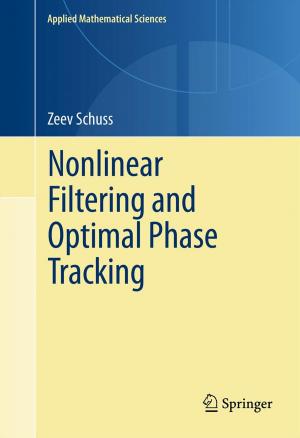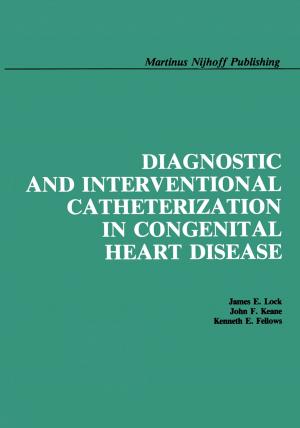Key Facts in Gastroenterology
Nonfiction, Health & Well Being, Medical, Specialties, Internal Medicine, Gastroenterology, General| Author: | Jonathan Halevy | ISBN: | 9781468412512 |
| Publisher: | Springer US | Publication: | December 6, 2012 |
| Imprint: | Springer | Language: | English |
| Author: | Jonathan Halevy |
| ISBN: | 9781468412512 |
| Publisher: | Springer US |
| Publication: | December 6, 2012 |
| Imprint: | Springer |
| Language: | English |
This book is an extraordinary achievement by Jonathan Halevy. To condense the material of three major gastrointestinal textbooks would be triumph enough, but to add a distillate of the contents of ten journals, from 1980 to 1985, requires Herculean vigor. To reorganize all the material under headings which extract concise "facts" from wheat and chaff requires a passionate interest in pa tients together with an understanding of physiology. Fortunately, Jonathan Halevy has just the right combination of clinical and lab oratory interest for him to select the details of what is important. Such compulsive dedication has now made it possible for the prac ticing phYSician, gastroenterologist, or house officer, interested in preparing for board examinations or simply browsing in the field, to have at his fingertips a series of definitions and to put in his pocket the key facts for diagnosis and therapy. Of course, facts by themselves are something of which to be a little wary. Scientists first, doctors regard facts the way farmers look at sheep-to be sheared for their utility. Medicine too often is only a fact-gathering occupation (some lectures send me to wool gathering), in which having the facts sometimes clouds clinical judgment about what is important for the individual patient. - vii viii FOREWORD tionalism and romanticism lie at the two poles of medical practice, but rationalism rules in the 1980s.
This book is an extraordinary achievement by Jonathan Halevy. To condense the material of three major gastrointestinal textbooks would be triumph enough, but to add a distillate of the contents of ten journals, from 1980 to 1985, requires Herculean vigor. To reorganize all the material under headings which extract concise "facts" from wheat and chaff requires a passionate interest in pa tients together with an understanding of physiology. Fortunately, Jonathan Halevy has just the right combination of clinical and lab oratory interest for him to select the details of what is important. Such compulsive dedication has now made it possible for the prac ticing phYSician, gastroenterologist, or house officer, interested in preparing for board examinations or simply browsing in the field, to have at his fingertips a series of definitions and to put in his pocket the key facts for diagnosis and therapy. Of course, facts by themselves are something of which to be a little wary. Scientists first, doctors regard facts the way farmers look at sheep-to be sheared for their utility. Medicine too often is only a fact-gathering occupation (some lectures send me to wool gathering), in which having the facts sometimes clouds clinical judgment about what is important for the individual patient. - vii viii FOREWORD tionalism and romanticism lie at the two poles of medical practice, but rationalism rules in the 1980s.















